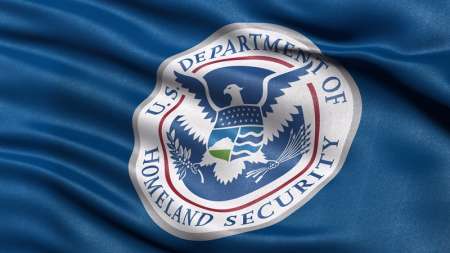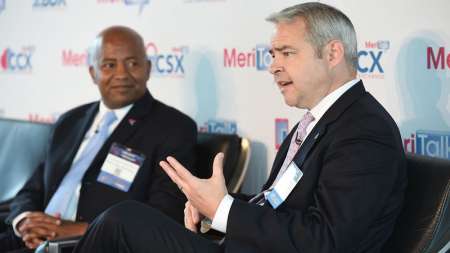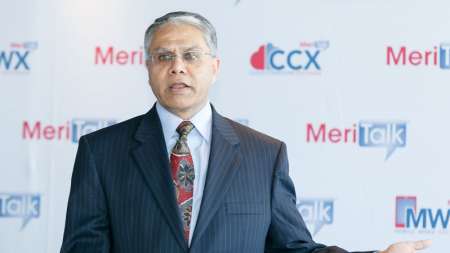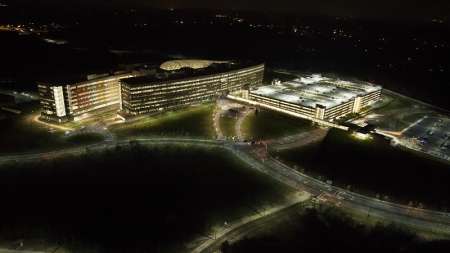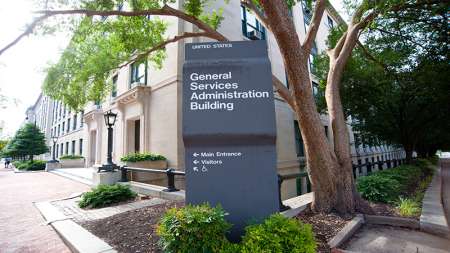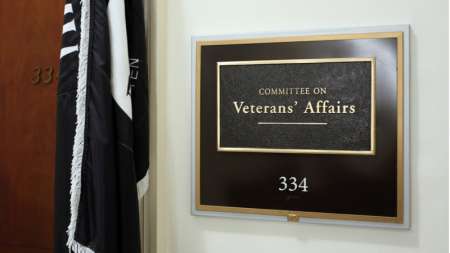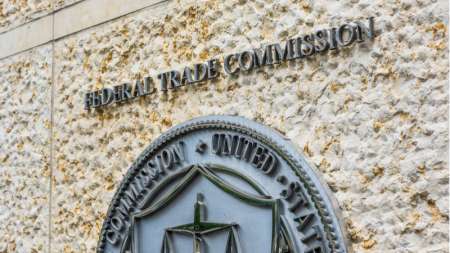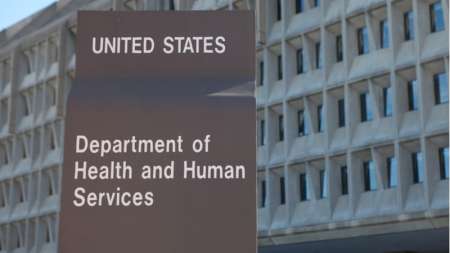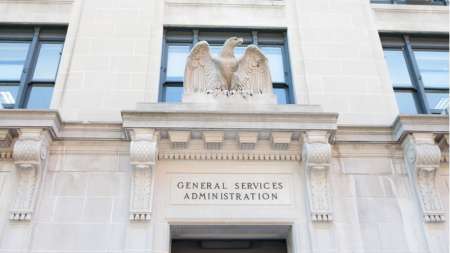Department of Justice (DoJ) CIO and Deputy Assistant Attorney General Joseph Klimavicz will retire from government effective Feb. 29, DoJ confirmed to MeriTalk. […]
The House Science, Space, and Technology Committee approved two bills on Feb. 12 to harden the U.S. electric grid against cyberattacks. […]
The U.S. Patent and Trademark Office (USPTO) is updating its indefinite delivery/indefinite quantity (IDIQ) contract strategy, agency officials said today. […]
Department of Homeland Security Acting CIO Beth Cappello said she is directing the move of the Cybersecurity Operations Center from the CISO Directorate to the Information Technology Operations Directorate (ITO). […]
Chezian Sivagnanam, chief enterprise architect at the National Science Foundation (NSF), stressed the importance of moving the Federal government to cloud-native applications, during a presentation Feb. 12 at an event organized by GovLoop and Red Hat. […]
Reps. Ro Khanna, D-Calif., and Mark Meadows, R-N.C., introduced legislation Feb. 13 to codify the General Services Administration (GSA) Technology Transformation Services (TTS) Centers of Excellence (CoE) program. […]
The Intelligence Advanced Research Project Activity (IARPA) is looking for proposals by April 7 for tools and techniques to more efficiently search the surface of the earth using airborne and space-based cameras. […]
Paul Beckman is leaving his position as Chief Information Security Officer at the Department of Homeland Security (DHS), MeriTalk has learned. […]
A new Government Accountability Office (GAO) report found that the Office of Congressional Workplace Rights (OCWR) failed to incorporate cybersecurity management practices into the planning of its Secure Online Claims Reporting and Tracking E-filing System (SOCRATES) project. […]
The Small Business Administration (SBA) has successfully deployed a cloud environment to track all IT systems on its network, per CTO Sanjay Gupta during a Feb. 12 RedHat virtual summit. […]
Vice Admiral Robert Sharp, Director of the National Geospatial-Intelligence Agency (NGA), today discussed efforts by the Chinese government to increase its geospatial intelligence capabilities, and the pressing need for the U.S. to stay ahead of adversaries in that arena. […]
Brian Whittaker has been named Acting Executive Director at the General Services Administration’s 18F digital services delivery office, a GSA spokesperson confirmed. […]
The Department of Veterans Affairs (VA) electronic health record (EHR) modernization launch in Spokane, Washington was indefinitely delayed on Feb. 10, leaving members of the House Committee on Veterans’ Affairs Subcommittee on Technology Modernization concerned about agency transparency. […]
As the 2020 Decennial Census begins its count of the U.S. population, the Census Bureau faces “significant risks” that could impact the count, including IT and cybersecurity challenges. […]
Federal agencies looking to transformation and modernize their IT must approach ensure they have a plan for success, explained Joseph Ronzio, deputy chief health technology officer at the Veterans Health Administration. […]
For the IT modernization movement that has – often slowly but very surely – taken hold of the Federal tech policy agenda over the past decade, few have done more to work the inside policy engine than Matthew Cornelius. After a ten-year journey through senior policy positions at Office of Management and Budget (OMB), General […]
The Federal Trade Commission said today it will take a ten-year look-back at acquisition activities of five U.S. tech giants to “deepen its understanding” of large tech company acquisition activity. […]
In a recent report, the Government Accountability Office (GAO) found that the Federal Aviation Administration (FAA) would be able to improve and diversify its workforce through improved data collection and analysis capabilities. […]
Google announced today that it is partnering with Defending Digital Campaigns (DDC), a nonprofit and nonpartisan organization that brings cybersecurity tools and resources to Federal election campaigns. […]
Accelerate – the first blockchain-based program in the Federal government to get an authority-to-operate – will save the Department of Health and Human Services (HHS) $30 million over five years, the agency’s CIO said today. […]
Members of the House Consumer Protection and Commerce Subcommittee today discussed several major themes of draft legislation that aims to evolve the Federal government’s role in regulating the development of autonomous vehicle (AV) technology, and expanding the ability of industry to do more AV technology testing. […]
During today’s Senate Homeland Security Committee Hearing, both Committee Chairman Ron Johnson, R-Wis., and Cybersecurity and Infrastructure Security Agency (CISA) Director Chris Krebs agreed that CISA’s role is largely similar to the Federal Emergency Management Agency’s mandate. […]
The Cybersecurity and Infrastructure Security Agency (CISA) issued a statement today offering assurance that efforts by the Federal government and state and local authorities have resulted in installation of intrusion detection sensors on election infrastructure in all 50 states. […]
The Office of Management and Budget (OMB) released the president’s Fiscal Year 2021 budget proposal Feb. 10, which comes in at $4.8 trillion including billions slotted for cyber investments at the Departments of Defense (DoD), Homeland Security (DHS), Energy (DoE), and Veterans Affairs (VA). […]
The White House has requested big increases in research and development spending for artificial intelligence (AI) and quantum information science (QIS), according to President Trump’s FY2021 budget request released on Monday. Those proposed increases are part of a plan to double non-defense R&D spending on AI and QIS by FY2022, measured from funding requested in FY2020, the administration said. […]
The President’s Fiscal Year 2021 budget proposal includes a joint appropriations request from the General Services Administration (GSA) and the Office of Personnel Management (OPM), reflecting the Trump administration’s intention to merge OPM into GSA. […]
The White House Fiscal Year 2021 budget proposal allocated $150 million to the Technology Modernization Fund (TMF) to continue its modernization initiatives. […]
In President Trump’s Budget for Fiscal Year 2021, released today by the Office of Management and Budget (OMB), the White House called for a 1 percent pay raise for Federal employees. […]
Attorney General William Barr announced today that the Department of Justice (DoJ) has indicted four members of the Chinese military for involvement in the 2017 Equifax hack, which compromised the personal data of about 150 million Americans. […]
The Food and Drug Administration (FDA) released a request for information (RFI) on Feb. 3 looking to modernize its Office of Ethics and Integrity’s (OEI) ethics filing platform. […]



